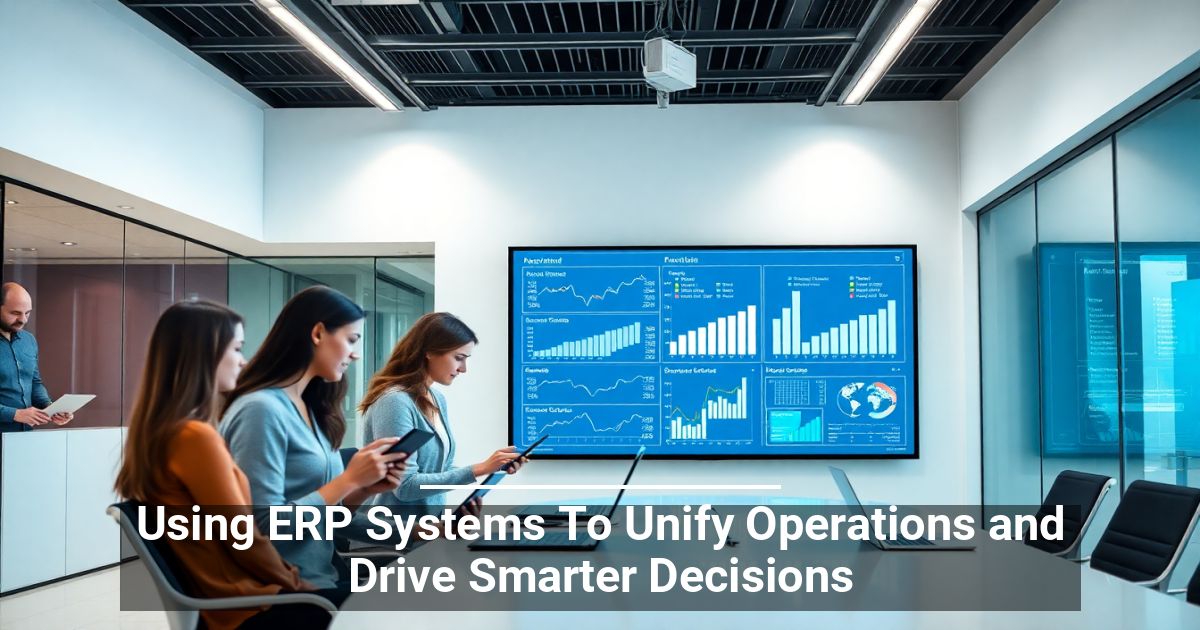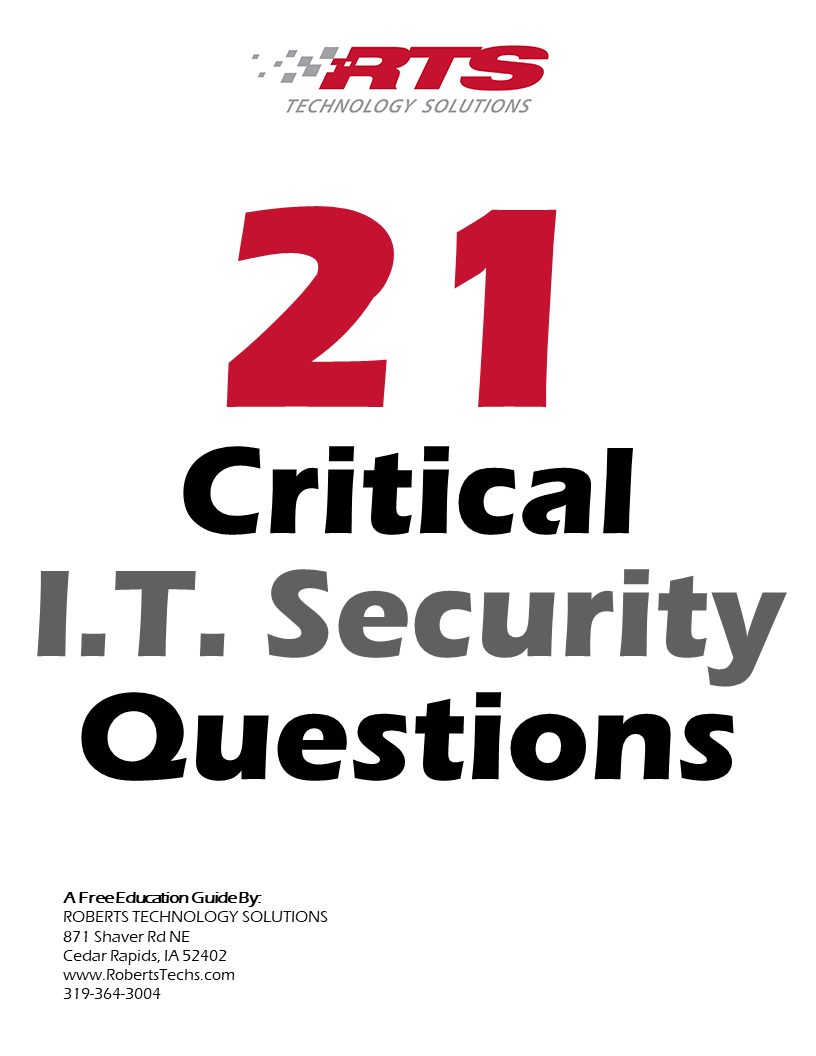 How efficient are your business operations right now? If you’re juggling multiple tools, chances are you’re running into delays and missed opportunities. ERP systems can bring everything together — your data, processes, and teams — to help you work smarter and faster.
How efficient are your business operations right now? If you’re juggling multiple tools, chances are you’re running into delays and missed opportunities. ERP systems can bring everything together — your data, processes, and teams — to help you work smarter and faster.
What Is Enterprise Resource Planning (ERP)?
ERP evolved from the simpler Material Requirements Planning (MRP) in the 1960s, which focused on managing inventory and production schedules. It soon transformed into a type of software that can centralize and organize all company data. When you create a singular source of truth, it reduces inefficiency, improves decision making, and helps your establishment stay agile in today’s competitive landscape.
Here’s how you can integrate ERP into your core operations:
- On-premise setup: Businesses can install and maintain their system on privately owned servers and infrastructure. It often fits the bill for in-house IT resources or companies with stringent security needs.
- Two-tier setup: Does your establishment operate across multiple locations? Install a primary ERP for headquarters and add a system to each subsidiary.
- Cloud setup: Many favor hosting on remote servers for the flexibility, scalability, and cheaper upfront costs. Access your database anywhere with an internet connection.
- Hybrid setup: Why not create a unique mix of on-premise and cloud solutions? It may take a bit more effort to establish, but it’s excellent for balancing security and accessibility.
Simplify and Succeed: The ERP Advantage
There’s a reason why most industry giants already operate with unified business systems. It brings many worthwhile benefits, including:
Boosted Workforce Efficiency
Picture an automated workflow management tool that handles inventory tracking, data entry, invoicing, and other repetitive tasks. The more you fine-tune ERP systems, the better they can perform more specialized work. For example, AI can catch irregularities in supplier invoices or use predictive forecasting to create purchase orders.
Free up your team’s time for tasks that demand human critical thinking and creativity.
Simplified Growth and Expansion
In the past, you had to adjust everything manually when scaling your business. Early ERP software integration rewards you with flexibility. It accommodates new users, locations, and practices while minimizing downtime.
Improved Compliance and Security
How smoothly does your business meet local regulations? With real-time data visibility and automated reports, you can track data securely, reduce errors, and increase transparency. Modern ERP tools also have role-based access control and other built-in safety features to protect sensitive information.
In-Depth Insights
Company leaders and managers rely on recent, accurate data, and ERPs can provide real-time analytics and dashboards that track performance. With easy access to financial metrics and insights, you can make informed decisions quickly.
Forge a Smarter Path to Sustainable Success
Enterprise resource planning benefits practically every industry. For example, businesses in healthcare can simplify patient scheduling and cross-department collaboration. If you run a restaurant, ERP systems help maximize production schedules and maintain food safety compliance.
Why not take the leap today? Explore how this modern technology can streamline operations and unlock your business’s full potential.



